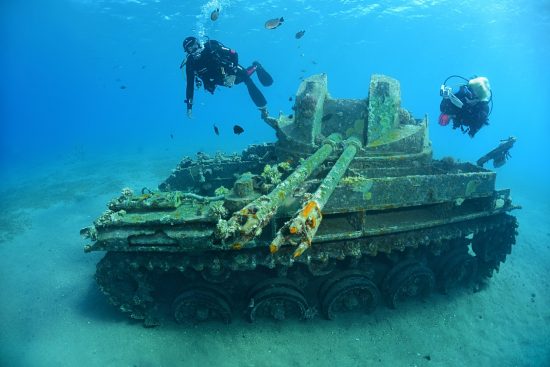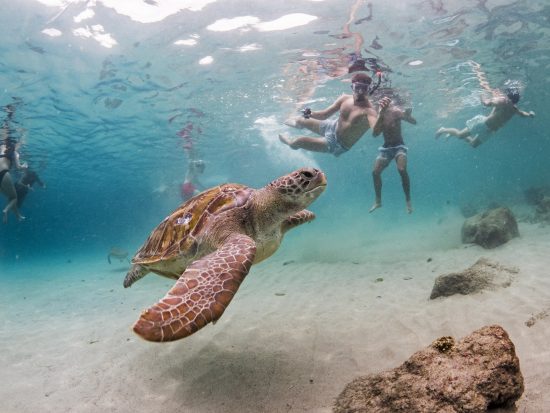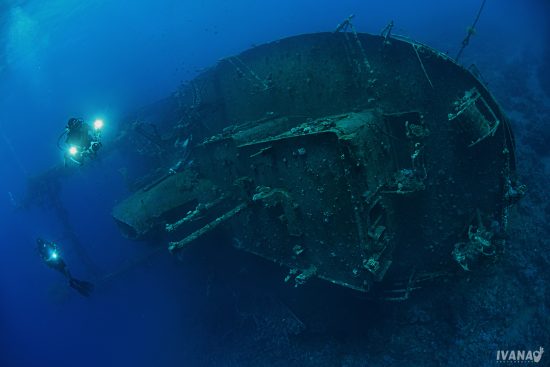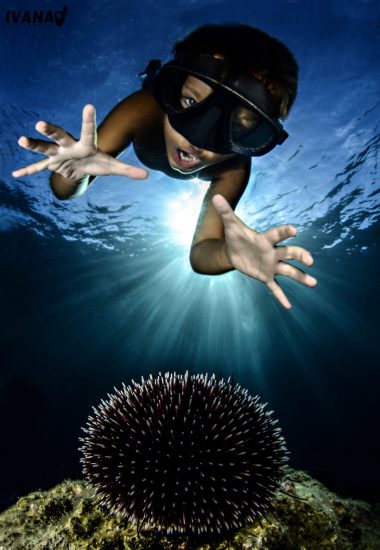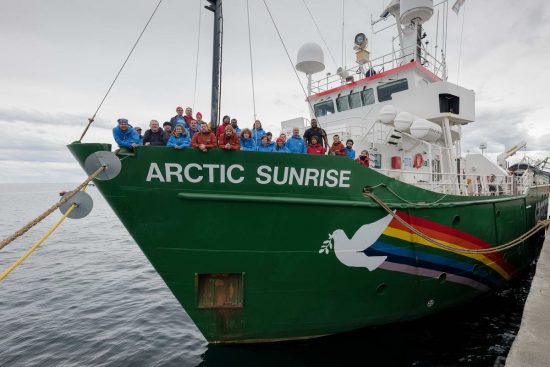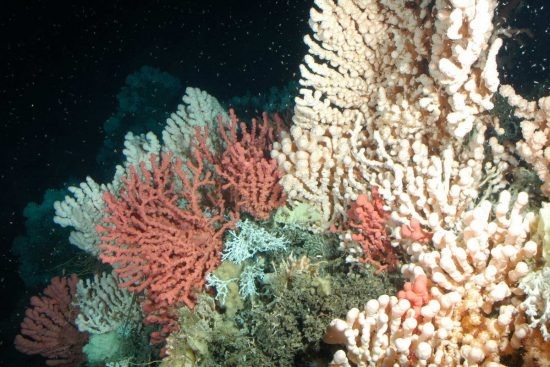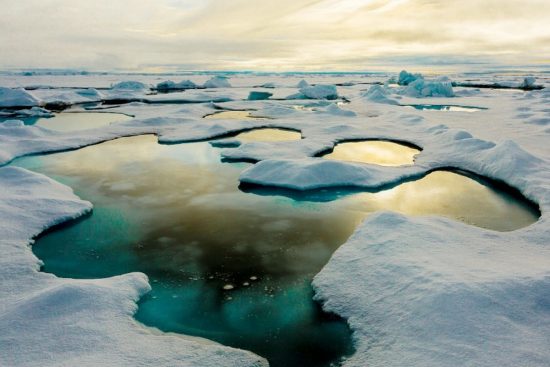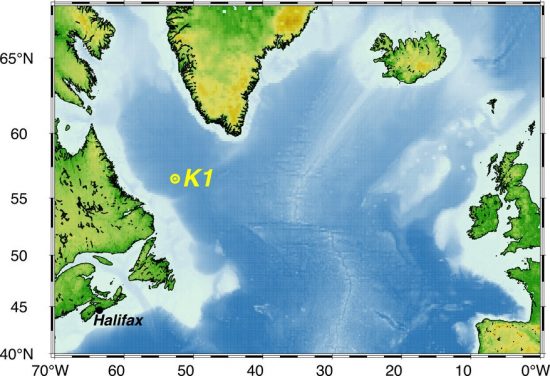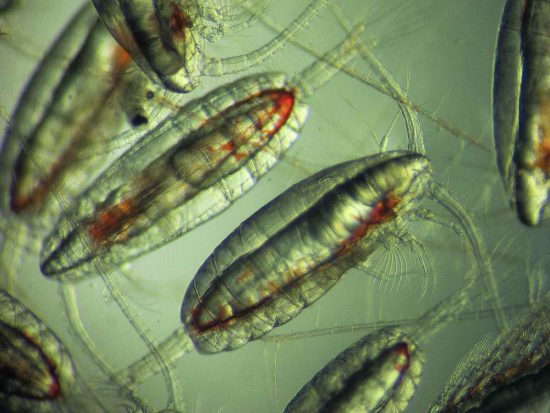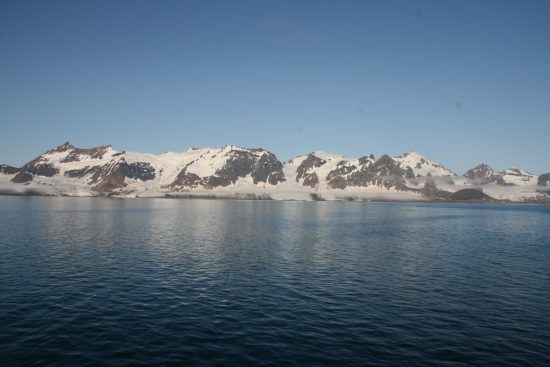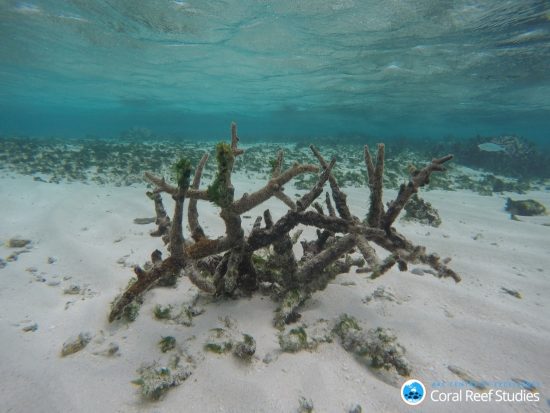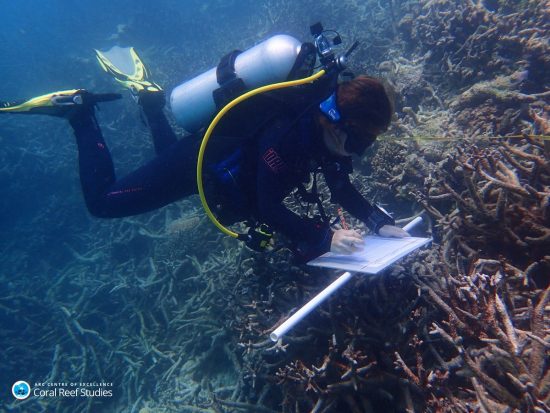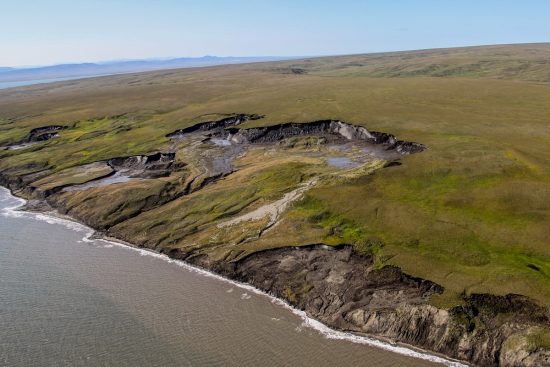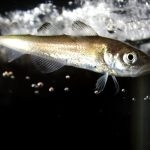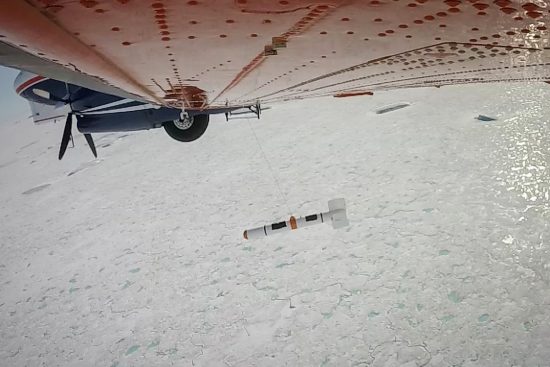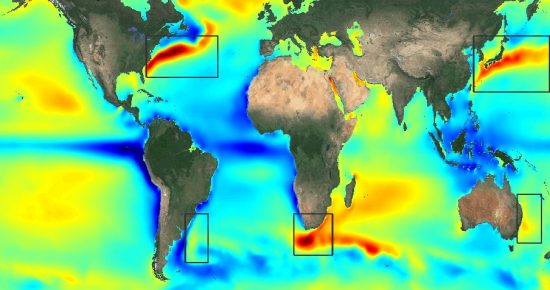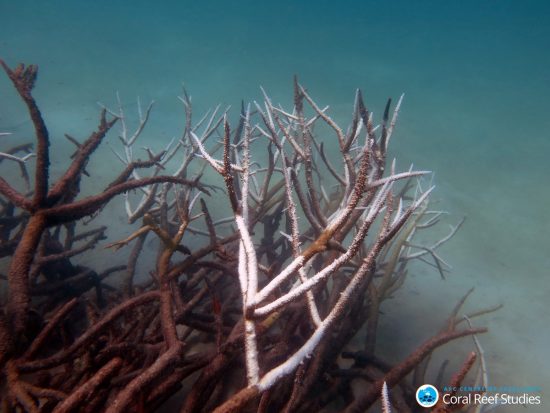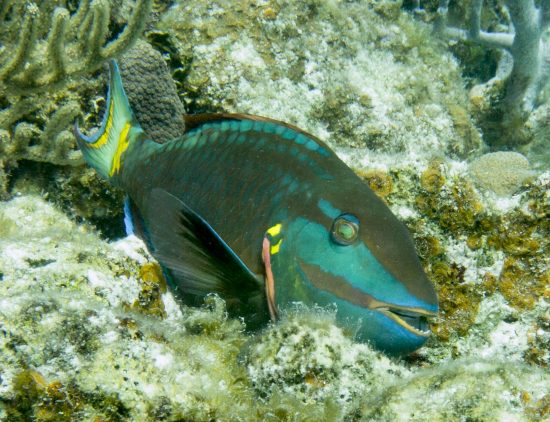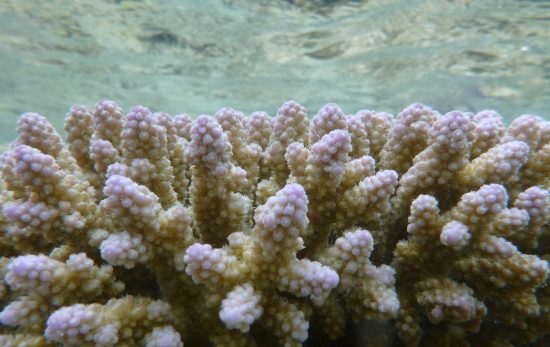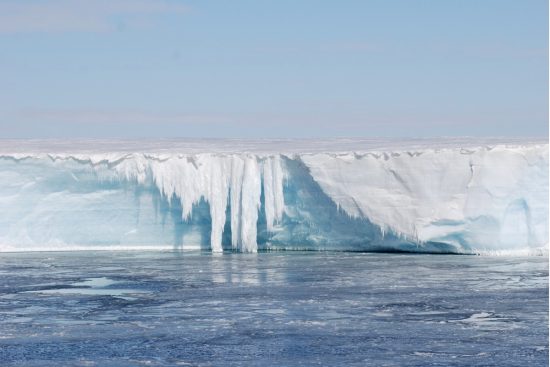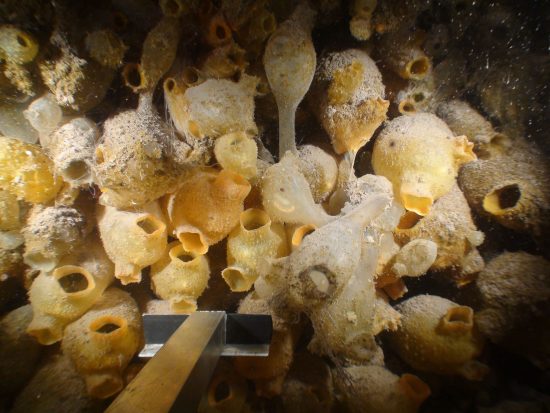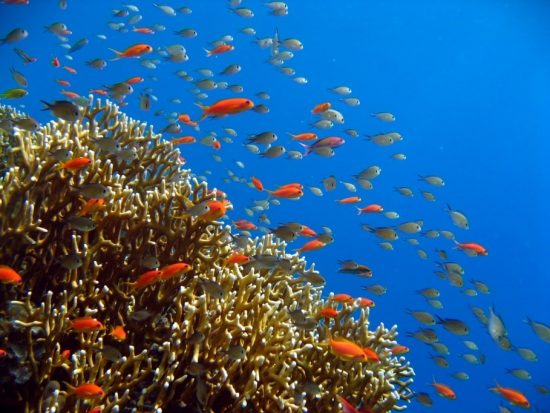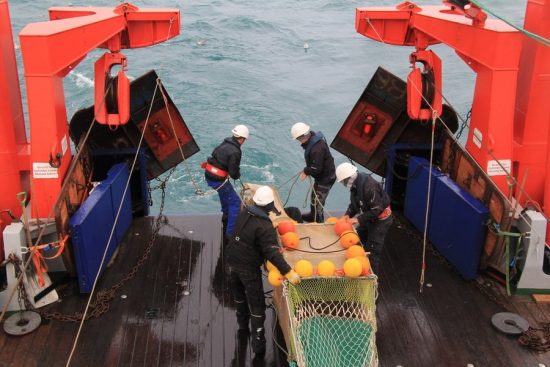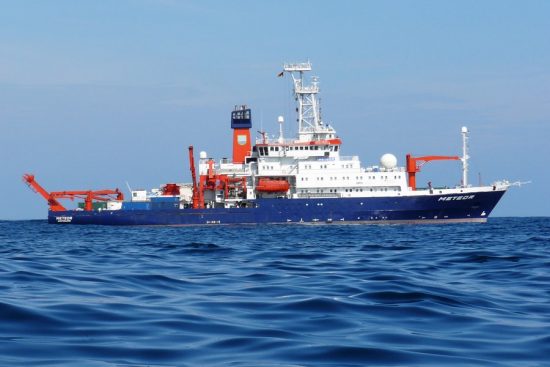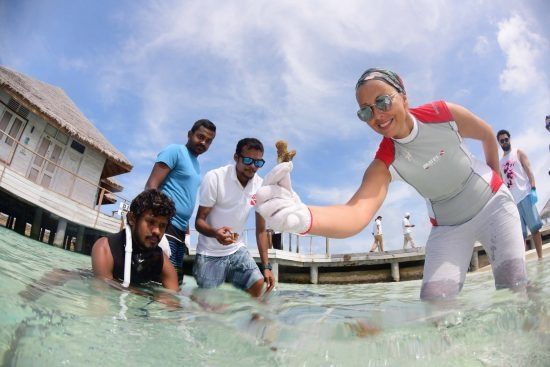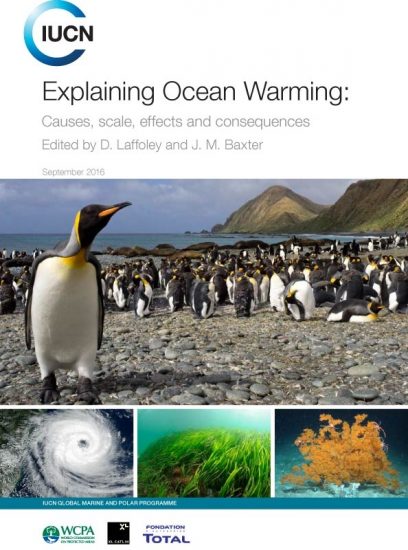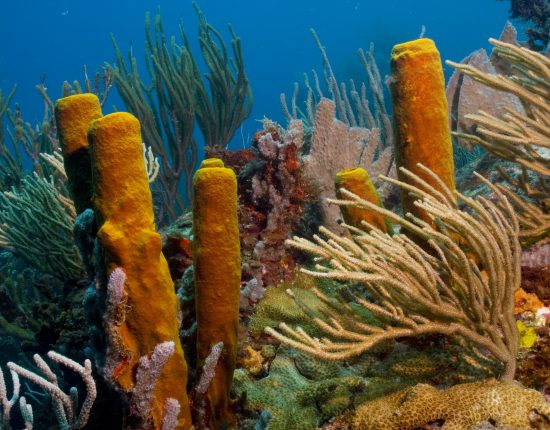
Diving at Secca Carega, Portofino, Italy
by Underwater Tales by Stefano Sibona - 16th August 2019
Secca Carega is the second shoal found in the Protected Marine Area of Portofino and still represents one of the…

A closer look at Aqaba Bay – Interview with Abdullah Momany
by Ivana and Janez - 7th January 2019
Abdullah Momany is the owner and manager of the Red Sea Dive Center. He is also a marine biologist who…

De Schildpadden van Playa Grandi
by Thomas Van Puymbroeck - 19th November 2018
Playa Grandi (ook wel bekend als Playa Piskado) is een klein, maar erg populair strandje aan de westkust van Curaçao.…

The best known wrecks of Jordan
by Ivana and Janez - 16th July 2018
It is in the northernmost part of the Red Sea, at the very tip of the Gulf of Aqaba, that…

“Caution, sea urchins!”
by Ivana and Janez - 9th May 2018
"Caution, sea urchins!" Does this sound familiar? The name ‘sea urchin’ resounds on almost every dive boat. We are always…

Greenpeace travels to unexplored parts of the Antarctic
by Herbert - 19th January 2018
Expedition to provide further arguments for the world's largest marine protected area Greenpeace will explore previously barely known regions in…

Scientists present research results on ocean acidification
by Herbert - 31st October 2017
Ocean acidification and warming affect life in the sea In November 2017, the final phase of the German research association…

Increase in melting sea ice may lead to higher food supply in Arctic
by Herbert - 26th September 2017
In the Arctic, melt ponds are formed every year when snow and sea ice melt at the end of winter.…

Researchers measure unusually high oxygen uptake in the Labrador Sea
by Herbert - 13th September 2017
Ocean taking a deep breath? Stormy, rough and very cold: these characteristics of the Labrador Sea may initially seem uncomfortable,…

Copepods rise and shine to internal genetic clocks
by Herbert - 7th August 2017
The Calanus finmarchicus is a copepod that packs a big punch. Although just two to four millimetres, this zooplankton’s genetic…
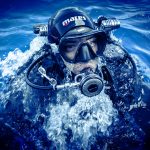
Temperatures in Arctic archipelago may soon rise beyond freezing point
by Mares - 10th July 2017
Scientist predict that the Arctic archipelago of Svalbard may experience above-freezing temperatures for the first time on record, as a…

Future opportunities for coral reefs
by Herbert - 8th June 2017
In spite of global warming, reefs could change but remain the same Although the world’s coral reefs are under threat,…

Researchers gather at Great Barrier Reef to study latest coral bleaching
by Mares - 21st March 2017
Aerial and underwater surveys to be conducted As coral bleaching strikes the Great Barrier Reef for the second year in…

Studying the effects of coastal erosion in the Arctic
by Mares - 18th January 2017
The thawing and erosion of the arctic permafrost coasts has increased so drastically in the past that more than 20…

Life beneath the ice
by Mares - 17th October 2016
Welcome to the world beneath the ice. We're all familiar with the animals that live above the ice at the…

Arctic sea ice at its second-lowest ever this September
by Mares - 16th September 2016
In September 2016, the surface of the Arctic sea ice shrank to nearly 4.1 million square kilometres – the second…

Climate change modifies ocean currents
by Mares - 1st July 2016
Asia to get warmer and stormier Global warming is causing a change in some ocean currents. Scientists have shown that…

Coral bleaching continues to plague Australia’s Great Barrier Reef
by Mares - 8th June 2016
As much as 35 percent of the reef has died After intensive aerial and underwater surveys, about 35 percent of…

New study shows relationship between fisheries harvest and reef resilience
by Mares - 13th April 2016
To better protect the coral reefs of the Caribbean, tighter fishery regulations are needed to offset the mounting pressures they…

Ocean acidification slows down coral reef growth
by Mares - 17th March 2016
By manipulating the seawater chemistry of a reef to study how excess carbon dioxide caused by human activity affects coral…

How stable is the West Antarctic Ice Sheet?
by Mares - 12th February 2016
Exceeding critical temperature values can lead to collapse of the ice sheet and strong rise in sea level A future…

Melting coastal glaciers cause loss in biodiversity – Seabed ecosystem affected by sedimentation
by Mares - 20th November 2015
Melting glaciers will lead to a reduction of species biodiversity among the benthos (bottom-dwelling organisms) community in the coastal waters…

Coral reefs in dire threat
by Mares - 12th October 2015
The third global spate of coral bleaching currently taking place may affect almost 38 percent of all the coral reefs…

German research network on ocean acification concludes
by Mares - 8th October 2015
An in-depth assessment of the possible impact of ocean acidification on the environment, society and economy, as well as the…

Nitrous Oxide From The Sea
by Mares - 26th June 2015
Kiel marine scientists have discovered that the South-East Pacific region has been emitting more nitrous oxide levels than previously expected.…

Planting Corals
by Ivana and Janez - 1st September 2022
The importance of corals and coral reefs for life on our planet is well-known, that's why it's not surprising that the…

IUCN Report: “We are making the world sick”
by Mares - 9th September 2016
Drastic changes within the marine environment Since the 1970s, the oceans have absorbed more than 93 percent of the enhanced…

Severe coral bleaching hits Great Barrier Reef
by Mares - 30th March 2016
Some recent surveys have shown how the rising temperature of the seawater has led to severe coral bleaching at Australia's…








